by Mike Telin
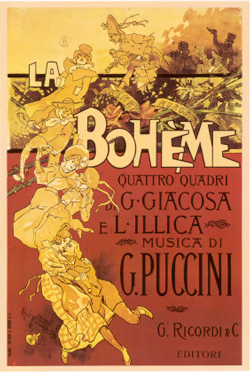
“It’s going to be an exciting production,” Skiba said during a recent conversation. “It’s easy to take it for granted and say, yeah, it’s La bohème, but when you’re working on it and discovering new things in it, it just strikes you how rich it is at every turn. And Puccini’s music is so wonderful. At every rehearsal I look over at Domenico and say ‘This music is so good!’”
People who know the opera may first think of it as being about the relationship between the seamstress Mimì and the writer Rodolfo. But for tenor Timothy Culver, who will perform the role of Rodolfo, the relationship between his character and his three roommates is pivotal to the story.
We caught up with the four male bohemians during a rehearsal break at Masonic Auditorium, and asked them to say a few words about their characters and their bond with one another.
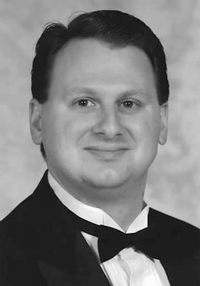
“Rofolfo and his roommates are all very passionate guys. They’re young and have a zest for life. There’s a camaraderie that they all share — they’re willing to give up fame and fortune for beauty, love, and romance — which isn’t a bad way to live.”
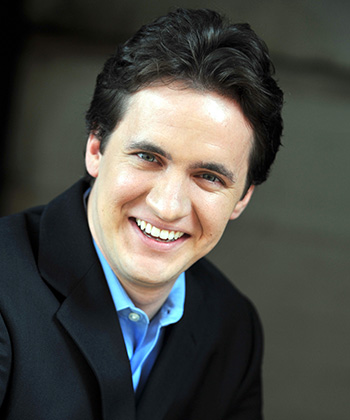
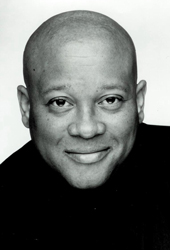
“Marcello is fiery in general. When he’s talking to Rodolfo and Rodolfo doesn’t listen to him, he says ‘Listen, I’m talking to you about my fabulous painting.’ For him, it’s all about Marcello’s world.
“I think it’s great how timeless La bohème is. It’s set in a different era, but the relationships of the characters are the same as any group of friends today. They’re struggling artists, and love is what keeps them all together. When one of them gets sick, no matter what has happened in the past, everybody helps out.”
(In addition to singing the role of Marcello, Brian Keith Johnson said he looks forward to getting some tips on painting from artist Jack Liberman, who is creating original artwork for the production.)
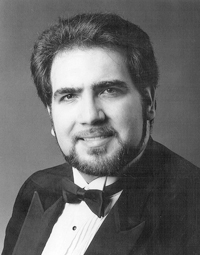
“What I also find interesting is that most people believe that these are revered characters who should be approached with white gloves. But these four guys are geeks. They’re not successful. Although the argument in the score refers to the “great” painter Marcello, he’s not a great painter, otherwise he wouldn’t be living the way that he is. So I think that approaching these characters as great artists, and great people in general, is completely wrong. Scott’s doing a great job of showing that side of them.”
On Friday, soprano Marian Vogel will share her thoughts about Musetta.
Published on ClevelandClassical.com April 28, 2016.
Click here for a printable copy of this article


